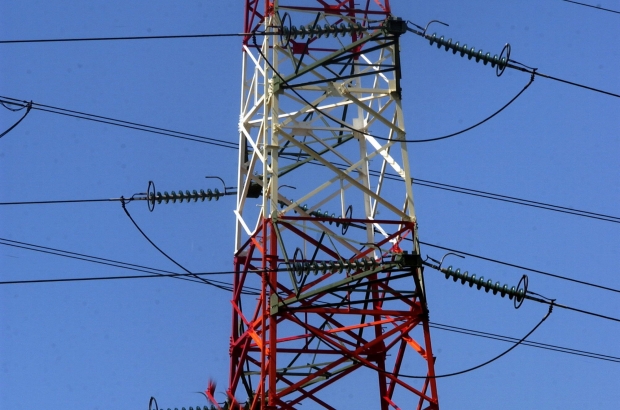- Daily & Weekly newsletters
- Buy & download The Bulletin
- Comment on our articles
New Belgian law bans photos and video of nuclear power plants
Photographing or filming a nuclear power plant or an establishment classified as "sensitive" without authorisation from the interior minister is now prohibited under a newly extended Belgian law.
The ban already applied to aerial and satellite photos since a March 2020 law imposing the blurring of such images and limiting their taking or distribution and taking "in the interest of public safety".
A new law has just extended the rule. Any person who, without authorisation from the interior minister, takes images of a nuclear or sensitive establishment or who publishes, displays, sells or distributes them will be liable to sanctions.
The new law provides some clarifications to the March 2020 legislation. "First, we designated who was responsible for monitoring the application of the provisions of the law. This will now be the Federal Agency for Nuclear Control," said a spokeswoman for the agency.
"Second, these amendments provide that the operator himself can still take photos but that conditions can be imposed as to the use and distribution of these.
"The amendments also provide that any individual may request prior authorisation from the office of the interior minister to take photos and/or recordings. The office, in turn, will seek the opinion of the Federal Agency for Nuclear Control.
"Finally, there is an extension of the scope to non-aerial and non-spatial photos in order, in fact, to align with the rules already in force for other sensitive grounds, such as military installations and prisons."
The spokeswoman added: "The penalties provided for have not changed: a prison sentence of eight days to one year and a fine of €26 to €100, amounts currently to be multiplied by eight."
Could you be penalised if, while walking around Huy, for example, you take a photo in which the Tihange nuclear power plant appears in the background or in a corner without you having expressly aimed at it? Theoretically yes.
"For images taken and published in the past and still visible on the internet, if the law is applied to the fullest extent, those which are already broadcast will have to be blurred," the Federal Agency for Nuclear Control spokeswoman added.
















